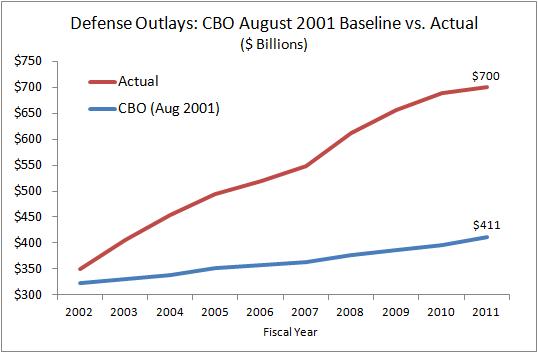John
Stuart Mill’s classic essay “On Liberty” gives reasons why some people
should not be taking over other people’s decisions about their own
lives. But Professor Cass Sunstein of Harvard has given reasons to the
contrary. He cites research showing “that people make a lot of mistakes,
and that those mistakes can prove extremely damaging.”
Professor Sunstein is undoubtedly correct that “people make a lot of
mistakes.” Most of us can look back over our own lives and see many
mistakes, including some that were very damaging.What Cass Sunstein does not tell us is what sort of creatures, other than people, are going to override our mistaken decisions for us. That is the key flaw in the theory and agenda of the Left.
Implicit in the wide range of efforts on the left to get government to take over more of our decisions for us is the assumption that there is some superior class of people who are either wiser or nobler than the rest of us.
Yes, we all make mistakes. But do governments not make bigger and more catastrophic mistakes?
Think about the First World War, from which nations on both sides ended up worse off than before after an unprecedented carnage that killed substantial fractions of whole younger generations and left millions starving amid the rubble of war.
Think about the Holocaust, and about other government slaughters of even more millions of innocent men, women, and children under Communist governments in the Soviet Union and China.
Even in the United States, government policies in the 1930s led to crops being plowed under, thousands of little pigs being slaughtered and buried, and milk being poured down sewers, at a time when many Americans were suffering from hunger and diseases caused by malnutrition.
The Great Depression of the 1930s, in which millions of people were plunged into poverty in even the most prosperous nations, was needlessly prolonged by government policies now recognized in retrospect as foolish and irresponsible.
One of the key differences between mistakes that we make in our own lives and mistakes made by governments is that bad consequences force us to correct our own mistakes. But government officials cannot admit to making a mistake without jeopardizing their careers.
Can you imagine a president of the United States saying to the mothers of America, “I am sorry your sons were killed in a war I never should have gotten us into”?
What is even more relevant to Professor Sunstein’s desire to have our betters tell us how to live our lives is that so many oppressive and even catastrophic government policies were cheered on by the intelligentsia.
Back in the 1930s, for example, totalitarianism was considered to be “the wave of the future” by much of the intelligentsia, not only in the totalitarian countries themselves but in democratic nations as well.
The Soviet Union was being praised to the skies by such literary luminaries as George Bernard Shaw in Britain and Edmund Wilson in America, while literally millions of people were being systematically starved to death by Stalin and masses of others were being shipped off to slave-labor camps.
Even Hitler and Mussolini had their supporters or apologists among intellectuals in the Western democracies, including at one time Lincoln Steffens and W. E. B. Du Bois.
An even larger array of the intellectual elite in the 1930s opposed the efforts of Western democracies to respond to Hitler’s massive military buildup with offsetting military-defense buildups to deter Hitler or to defend themselves if deterrence failed.
“Disarmament” was the mantra of the day among the intelligentsia, often garnished with the suggestion that the Western democracies should “set an example” for other nations — as if Nazi Germany or imperial Japan was likely to follow their example.
Too many among today’s intellectual elite see themselves as our shepherds and us as their sheep. Tragically, too many of us are apparently willing to be sheep in exchange for being taken care of, being relieved of the burdens of adult responsibility, and being supplied with “free” stuff paid for by others.
— Thomas Sowell is a senior fellow at the Hoover Institution. © 2013 Creators Syndicate, Inc.
End of Article
------------------
*****
If you found this article useful and enlightening, please consider my published book which contains other insight and understanding on problems and solutions facing our country.
The book is available at amazon.com at the link here:
http://www.amazon.com/This-U-S-Citizen-Thoughts-Concerns/dp/1451509979/
This U.S. Citizen
*****


